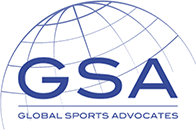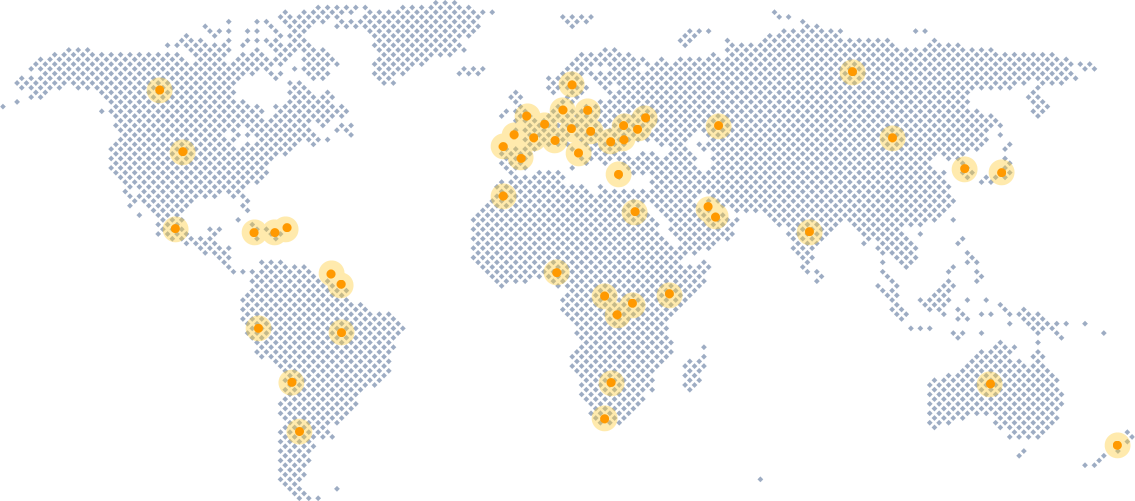 FIFA disputes can involve a wide range of issues affecting players, clubs, agents, and coaches.
FIFA disputes can involve a wide range of issues affecting players, clubs, agents, and coaches.
FIFA (Fédération Internationale de Football Association or International Association Football Federation) has a membership that is comprised of 211 national associations. Although the International Football Association Board sets the rules of the game, FIFA applies and enforces rules across all FIFA competitions.
When players, clubs, coaches, or agents have a dispute, they may take their case to the FIFA DRC (Dispute Resolution Chamber). However, the DRC will not hear a case if more than two years have passed since the event that gave rise to the dispute.
When internal FIFA legal remedies have been exhausted, the involved parties then have the right to appeal to the Court of Arbitration for Sport (CAS). This independent arbitration body is colloquially referred to as the Supreme Court for sports law.
Our renowned and proven International sports lawyers have years of experience dealing with FIFA disputes and can help prove your case.
Common Types of FIFA Disputes
Our International sports lawyers at Global Sports Advocates provide representation for a wide range of FIFA disputes. Some of the most common involve issues related to breach of contract, transfers, transfer payments, solidarity payments, maternity leave, and cases involving minor athletes.
Breach of Contract
The FIFA DRC can hear cases related to any breach of contract between players, agents, coaches, or clubs. This includes disputes involving issues such as bonus payments, image rights, and termination of contracts. Breach of contract claims most often involve monetary damages plus the payment of interest.
Transfers
Under FIFA rules, a player may only be registered with one club at a time and may not play official matches for more than two clubs competing in the same national championship or cup during the same season. Bridge transfers, which are presumed to have occurred if two consecutive national or international transfers are made involving the same player within a period of 16 weeks, are prohibited. Player loans are subject to the same rules as transfers.
Training Compensation
FIFA regulations state that when a player registers as a professional athlete for the first time in a country other than the one where they trained, the club they register with must pay training compensation to every club that contributed to the player's training. Compensation must be paid to every club the player was with from ages 12 to 21. Additional training compensation is due with each subsequent international transfer until the player is 23. This compensation is paid to the immediately prior professional club.
Solidarity Payments
Solidarity payments compensate clubs that helped train young players. When a player is transferred between jurisdictions while still under contract, a percentage of the club transfer fee is used for solidarity payments. Payments are distributed to clubs that trained the player between the ages of 12 and 23, in proportion to how long the player stayed at each club. These payments continue throughout a player's career each time they are transferred while under contract. When solidarity payments are not honored, they can be enforced through the DRC against the club that owes them.
Maternity Leave
In 2021, FIFA implemented new rules guaranteeing female players access to a minimum of 14 weeks of maternity leave, with at least eight weeks taken after the player gives birth. This leave must be paid at a minimum of two-thirds of the player's salary. When players do not receive their guaranteed leave or the proper compensation, they can take their case to the FIFA DRC.
Cases Involving Minor Players
Under FIFA rules, international transfers of players are only allowed if the player is over the age of 18. However, there are exceptions to this rule, including the ability for a player living outside Europe to transfer at the age of 16 if he has a European passport. Also, a minor player can transfer if the parents of the player moved to a new country for employment or other reasons that are not related to football.
Our International Sports Lawyers Can Help Protect Your Rights
When you’re dealing with a high-stakes FIFA dispute, Global Sports Advocates is here to help. International sports lawyer Paul Greene is a leader in the field of sports law and advocates for the rights of players, coaches, agents, and clubs in a wide range of FIFA DRC and CAS cases. Contact us online or call us directly at +1-207-747-5899 to schedule an initial one-hour consultation.


